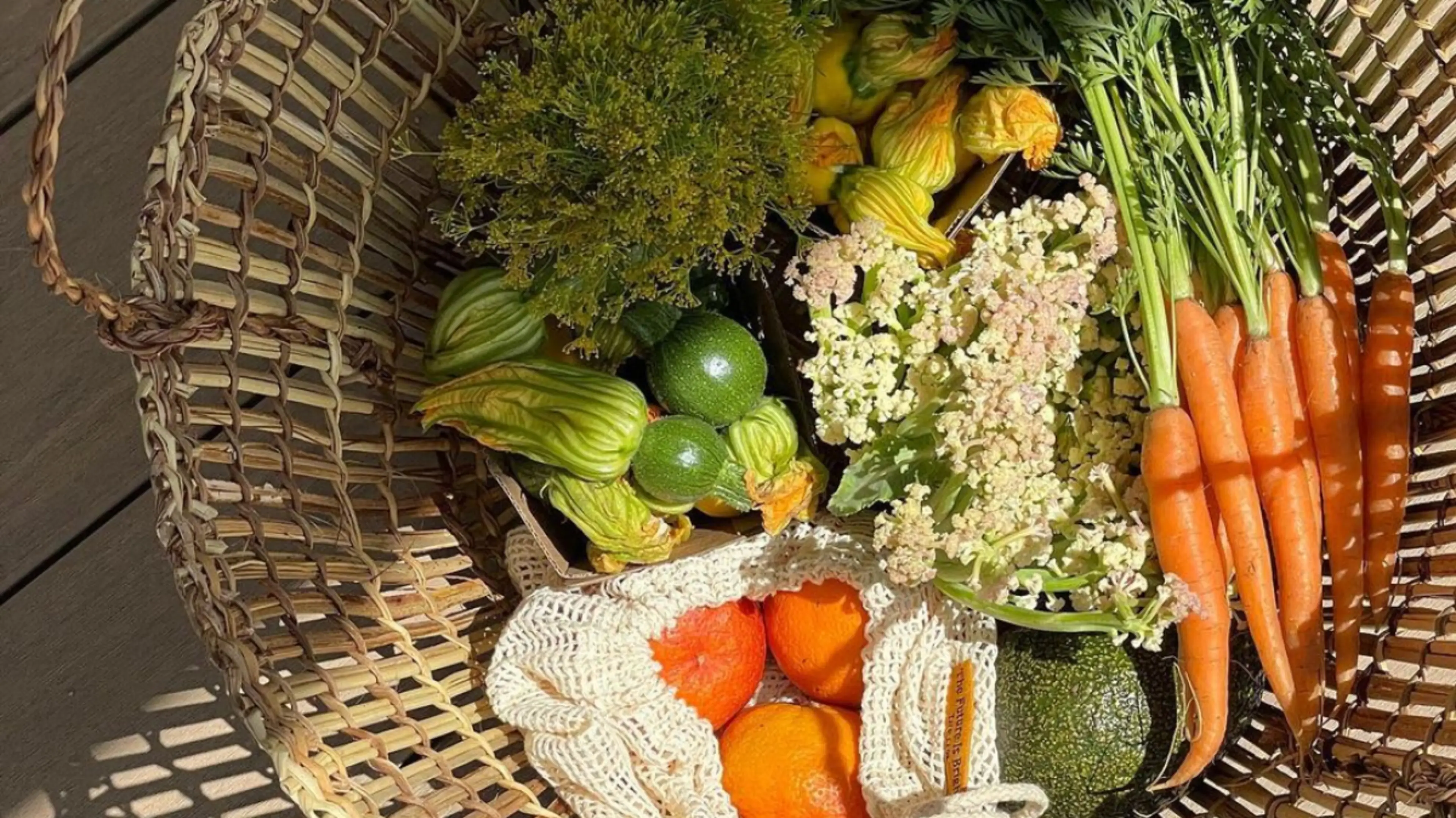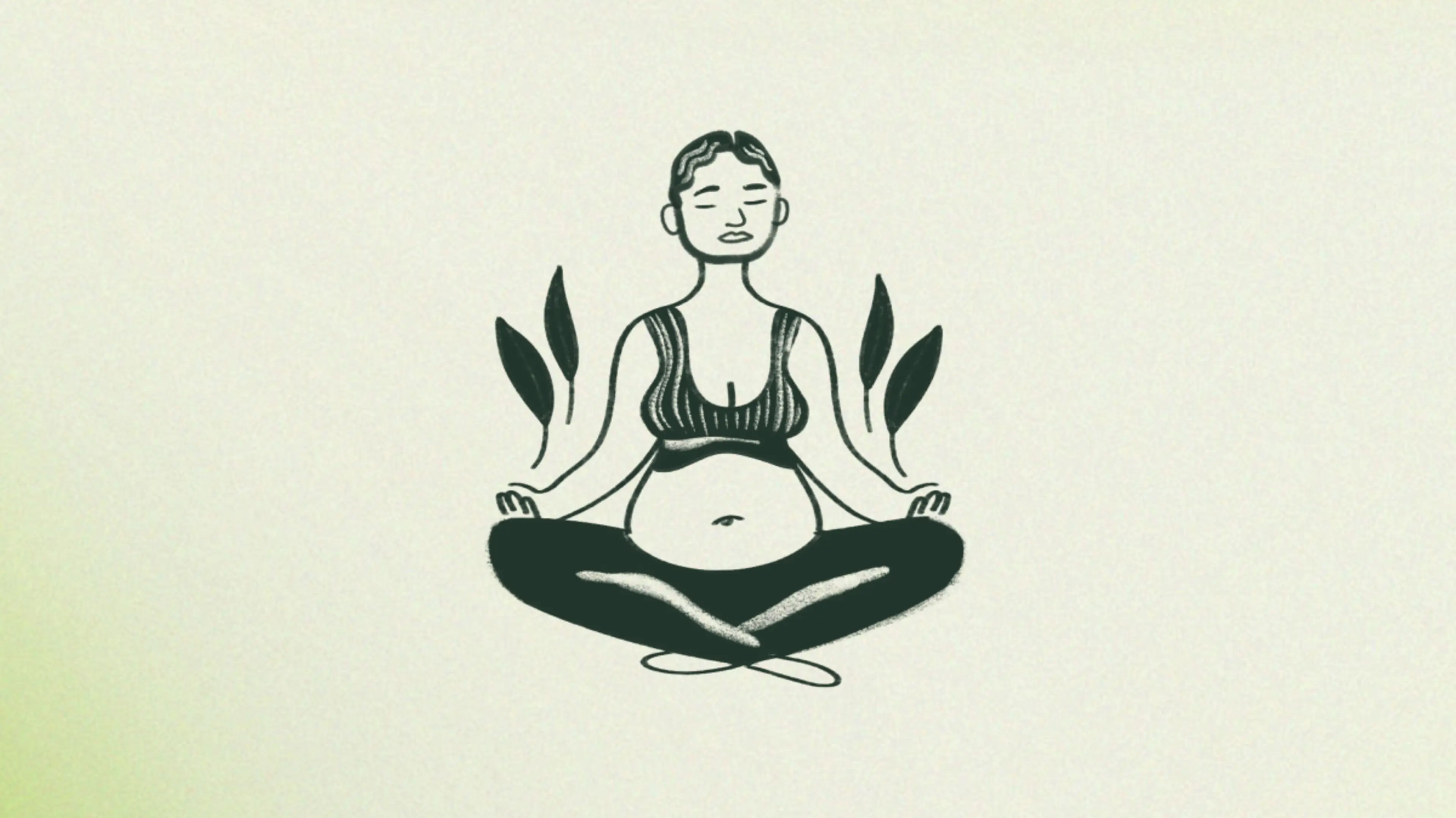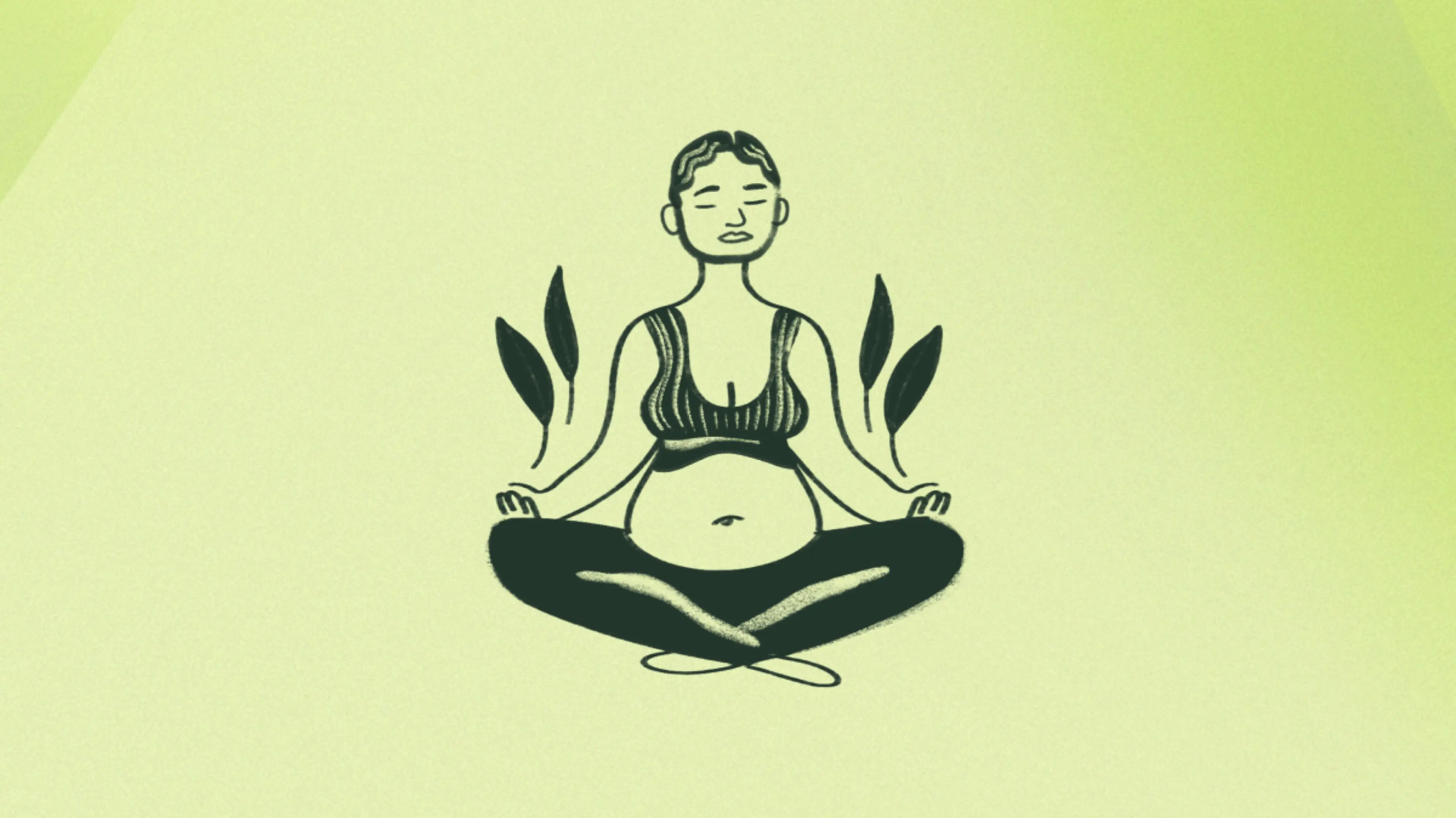TLDR: When you start your pregnancy journey, you are suddenly bombarded with a lot of rules about what you can and can’t eat. It can be overwhelming. Nutritionist Danielle McAvoy shares sensible nutrition advice for each step of your motherhood journey that will help you heal and thrive at every stage of your journey…as well as find joy in the food that’s satisfying your cravings.
Every stage of the motherhood game—TTC, pregnancy, postpartum, and full-on mom mode—seems to have a nutritional warning label attached to it. “You must eat this diet.” “Don’t eat that.” “You’re overdoing it.” “You’re not doing enough.” Nutrition during this time can feel overwhelming and like you have to get it just right…or else. All these rules can add to the already hefty mental toll of the perinatal experience, which is especially problematic given many of us already have some degree of a love/hate relationship with eating and our bodies.
How can you manage those social, personal, and medical rules during this important time in a way that allows you to emerge a strong, balanced mother with a healthier outlook on how to fuel your body?
To answer that, we’ve turned to Danielle McAvoy, registered dietitian and the senior manager of nutrition at Territory Foods, a meal delivery company. We didn’t want this to be just another conversation about “balance” and “whole foods,” so we asked McAvoy to share her expert advice on realistic ways to develop and sustain healthy nutrition habits across all stages of motherhood. Her recommendations that follow will hopefully allow you to both feel good while you’re going through this transition and see food as a joy during this time, not another stressor.
Nutrition When Trying to Conceive
For fertility, I usually recommend a Mediterranean-style diet. That means lots of fruits and veggies, seafood, whole grains, beans, and nuts. The Mediterranean diet is very plant-forward and nutrient-dense, and it works to increase pregnancy rates for a couple of reasons. It’s high in fiber from all of the plants and that can help reduce chronically high insulin levels, which is one of the major causes of infertility1 . And then the healthy fat that you get from olive oil, nuts, and seafood reduces inflammation, which can make the body more sensitive to insulin. The Mediterranean diet also is very limited in red meat and processed foods, which have been shown to make it difficult to conceive.
My second tip is to try eating gluten-free for a bit because undiagnosed celiac disease can also make it difficult to conceive.
Healthy Pregnancy Tips
There are a lot of extra nutrients that you need during this time, but you also may not have a lot of control over what you eat, at least during the first trimester. Aversions and cravings can make all of your best intentions go out the window. So I think the important thing is to take your prenatal vitamins because that can take the pressure off having to get enough of those critical nutrients from foods. The second important thing, for the entirety of pregnancy, is to eat smaller meals more often than you’re used to. Digestion slows down during pregnancy. Your body just isn’t able to process as much food at one time as it used to. You’re also more sensitive to stomach acid, so you don’t want to go too long in between meals. So eating a snack or a small meal every two to three hours is the key to feeling good. It also helps if you sneak in a few extra healthy foods throughout the day. One easy, quick tip? For morning sickness, I recommend eating a couple of crackers right when you wake up because sensitivity to stomach acid during pregnancy can make you feel really nauseous. Throughout the day, even if you don’t feel hungry because you’re nauseous from the acid, it’s great to just constantly keep a little bit of food in your belly. It can really help.
Postpartum Nutrition
I have 5 core principles of postpartum nutrition that sum it all up.
No extremes: Postpartum is not the time to eliminate important foods or entire food groups like carbs. We say it all the time: balanced meals with plenty of protein, fat, and carbs during the postpartum period are the best to support healing.
Nutrient-rich, real, mostly plant foods: Whole foods help mom heal from the inside out. Research has shown that a plant-forward diet that is anti-inflammatory2 is the best to support healing.
Abundance: A new mom needs to eat probably every two to four hours postpartum to get enough nutrients required to heal. Ample calories are also necessary for her milk supply if she chooses to breastfeed. So we don’t recommend eating salads or things that are light or low in calories.
Easily digested: Postpartum meals should ease the resources that the body needs for digestion, not make digestion difficult, so that the body can focus on recovery and milk production. New moms should eat mostly warming foods like well-cooked meat, broth, stews, soups, and all fruits and veggies should be cooked.
Pleasurable: Every meal should include something that’s appealing to mom’s senses, whether it’s the flavors, the textures, or the colors. Food should be a reminder that a woman is not just a body that grew and birthed a baby, but it is an important being that also requires and deserves nourishment, too.
New Mom Meals
“Don’t worry about pre-planning your meals, at least in the beginning,” McAvoy says. Instead, keep your fridge and pantry stocked with nutrient-dense foods, things that you can quickly heat up. Even better if they are stored in a portion that’s easy to grab and go.








